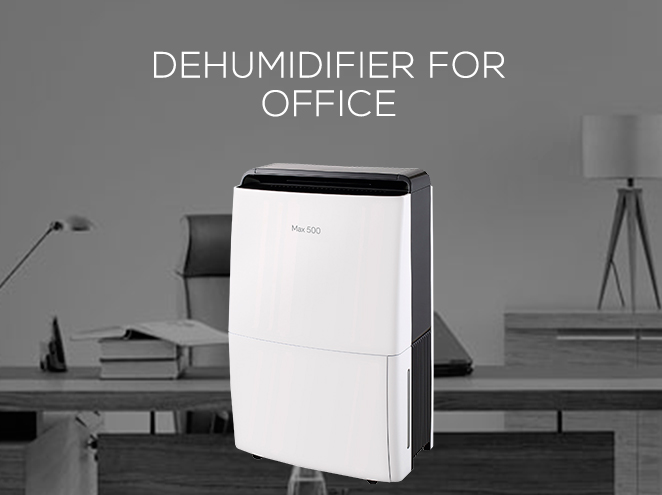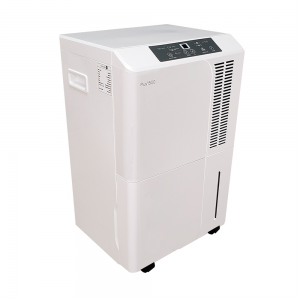Brazil is a continental-size country in which the climate differences are proportional to its size:
In the Midwest region the air is dry for most of the year, which makes the use of humidifiers more common there; however, the uncontrolled use of this equipment indoors makes the house environment extremely humid, in addition to ordinary daily activities like cooking and showering, which produce water vapor that accumulates in hygroscopic materials, such as: clothes, footwear, books, furniture, etc. Therefore there is a need to use room dehumidifiers, even if it is an arid region, because water is artificially vaporized to the air;
The South, Southeast, and North regions and the coastline of the Northeast region are humid for most of the year;
In the coastline, climate is humid due to sea air. Beach houses and apartments that remain closed and with no ventilation intensely suffer with the effects of humidity, which is noticeable due to bad smell, typical of areas with fungi;
Intensely forested regions, such as forests or mountains, are humid all year round.
The consequences of this diversity are from development of respiratory allergies caused by extremely ambient humidity to discomfort due to dry air. The ideal is that the relative humidity is balanced.
The dehumidifier controls ambient humidity and is actively responsible for preserving goods and health.
More questions
- Is it necessary to use the dehumidifier in both summer and winter?
- Is there something else on this topic? Something important that I did not ask due to lack of knowledge
- What of the electric bill? Does the device consume too much electrical energy? Are there any tips for saving energy and money?
- What are the tips of use so the dehumidifier operates perfectly? What should be done and what should not?
- How to choose the correct dehumidifier model? What should be taken into account to choose correctly?
- What is a dehumidifier capable of doing in the following spaces:
- What are the most recommended places for the device in the house?
- It is necessary to have both devices in the same house?
- Is there, besides the dehumidifier, an humidifier? I.e., is there a device that does the opposite? We know the problems caused by excessive humidity, but what about the lack of humidity, what can it cause to people and houses?
- Humidity in a warm country such as Brazil is around ideal or is it far from it? What are the consequences of it in people’s everyday life?
- What is the ideal humidity level in winter and summer? How it is possible to check it at home?
- I have learned that the most common technique for removing air humidity is condensing it on a cold surface. And, for this reason, if you have an air conditioning system in the room you do not need a dehumidifier. Is this true? Why?
- What are the differences between a dehumidifier, a sterilizer and an air purifier?
- In practical terms, how does the dehumidifier work? How is humidity removed from the air?
- Using the dehumidifier has any effect on human health? Which ones? How does humidity affects the body?
- Why is a dehumidifier important in a house? Why excessive humidity must be removed from the air?
- What is a dehumidifier?






